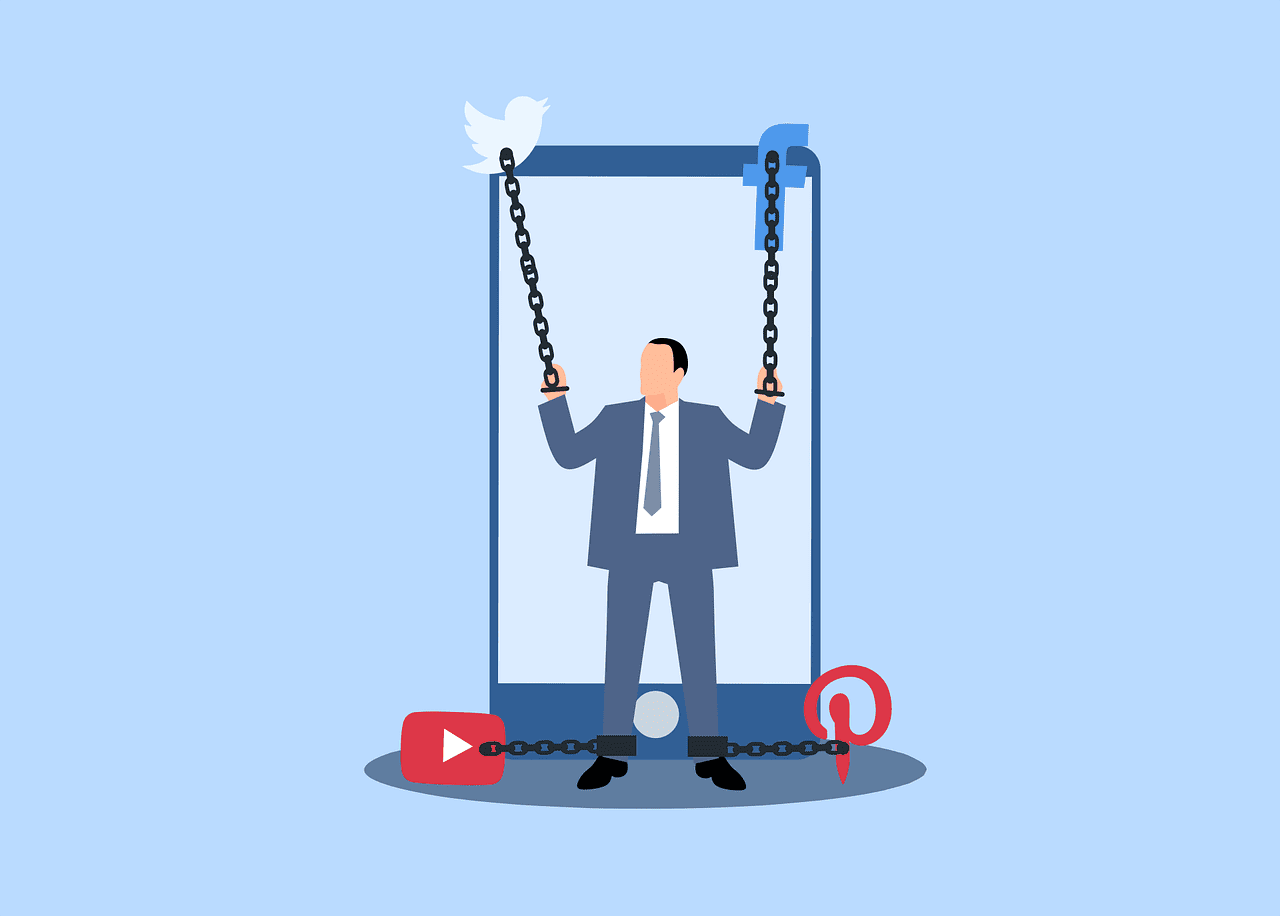
In the digital age, parenting has become more complicated than ever before. Parents now must worry about the risks their children face from social media networks, such as cyberbullying, sexting, and online predators. By taking proactive steps to monitor their children’s online activity and teaching them about responsible online behavior, parents can help keep their children safe from social media harm. With the proper guidance, parents can ensure their children are safe and competent online.
 Image source
Image source
Remember, social media companies are not immune to lawsuits. You can take proper action to protect your child and other children by filing a lawsuit against negligent companies with the help of a social media youth harm lawyer.
Tips for Monitoring Your Children’s Online Activity
Understand your child’s social media accounts.
Before you start monitoring your child’s social networks, you must understand what each account is used for. For example, are your child’s arrangements primarily for communication, sharing photos and videos, or are they for selling or promoting products? Knowing what each account is used for will make it easier to keep track of your child’s activities.
Review your child’s phone and email activity.
Another way to monitor your child’s online training is to review their telephone and email activity. This includes taking note of the websites they visit and the messages they send or receive. Also, monitor your child’s online activity using a phone monitoring app. Keep in mind, however, that monitoring your child’s online activity is controversial and can lead to a backlash. If you decide to monitor your child’s online activity, inform them and get their permission first.
Strategies for Protecting Children from Cyberbullying
Monitor your child’s social media accounts. As a parent, one way to help protect your child from cyberbullying is to monitor their social media accounts. This includes regularly checking your child’s social media pages, friend requests, comment sections, and messages. Consider setting up a social media account for your child with parental controls to monitor their activities and block unwanted users.
Teach kids to stand up for themselves. This includes teaching your child to recognize bullying when they see it, avoid engaging with bullies, and report cyberbullying to the social media network or local authorities.
Tools for Keeping Kids Safe from Online Predators
Create open communication with your child. As a parent, you can help protect your child from online predators by creating available contact with your child. This includes regularly speaking with your child about their online activities, whom they’re communicating with, and what sites they visit. Consider setting up a family computer with access to only the essential websites your child needs to use. – Keep your child’s social media passwords private. Another way to protect your child from online predators is to keep their social media passwords private. This may seem like an obvious parenting tip, but many parents are careless with their children’s passwords. Don’t share your child’s social media passwords with anyone, even if you think they’re trustworthy. Instead, consider setting up a private account for your child and giving them access to only the sites they need.
How to Talk to Children About Social Media Safety
Remember that children are different from you, and if you’re a parent, you might feel tempted to lecture your children on the dangers of social media. While this approach may feel like the natural thing to do, it is only sometimes effective. If you’re a parent, remember that children are different from you. Their brains work differently than yours did at their age. This means you will have to find another way to teach your children about social media than the way you learned.
Signs of Social Media Addiction
Regularly neglecting daily responsibilities, suppose your child regularly fails their daily duties, such as schoolwork, family time, or extracurricular activities, to spend more time on their social media accounts. In that case, it may be a sign of social media addiction. Parents can help limit their child’s social media use by setting parental controls, monitoring their online activity, and setting a daily limit. – experiencing negative emotions when away from their devices.
Suppose your child experiences negative emotions, such as anxiety, sadness, or feelings of emptiness, when away from their social media devices; it could be a sign of addiction. Parents can help reduce the risk of their children becoming socially addicted by setting appropriate time limits, monitoring their social media use, and encouraging their children to participate in offline activities.
Laws Protecting Kids Against Social Media
There is an age requirement policy that prohibits American firms from getting personal information from kids under 13 without the approval of their parents. This indicates that children under 13 are not allowed to own social media platforms, as some companies may go ahead and get their personal information.
Conclusions
As a guardian, you want to do everything you can to keep your children safe. This includes keeping them away from online predators and cyberbullies and helping them avoid social media addiction. To do this, parents must be proactive in monitoring their children’s online activity and educating them about the dangers of social media. You can help protect your children from social media harm with the right parenting strategies.


Be the first to comment